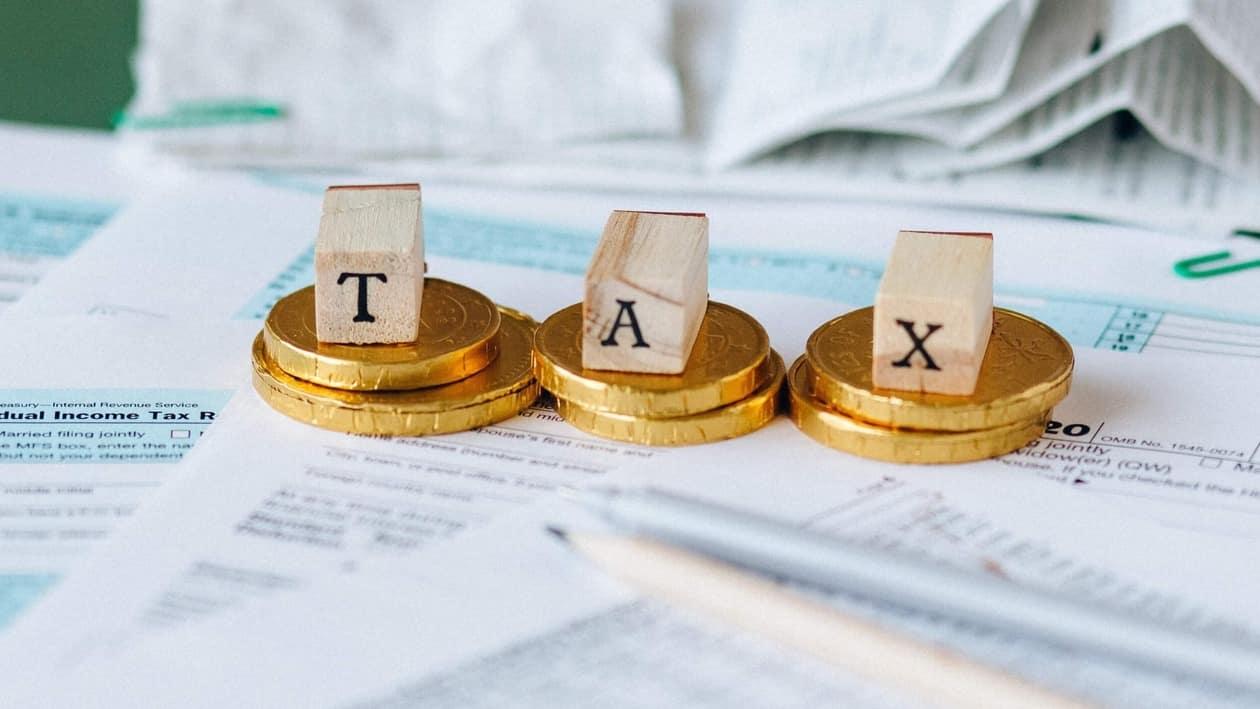Health insurance policies have become the most important plan to be a part of an individual’s portfolio after life insurance. Health insurance has a very simple working mechanism, the insurance seeker pays regular premiums which in turn will provide him/her with financial assistance in case of a medical emergency.
The benefits of health insurance are not limited to those mentioned above, it is also an effective tool to save tax. Health insurance enables you to tax exemption under section 80D.
Tax Benefits Under Section 80D
Health insurance premiums are exempted and have various benefits under section 80D of the Income Tax Act. These are discussed below:
An individual can avail tax benefits on health insurance he/she purchases for self, spouse and children dependent on him/her. Herein, he/she is eligible for tax deduction up to Rs. 25,000.
Furthermore, he/she can avail of tax benefits if the scheme covers parents below the age of 60 who are dependent on him/her. In this case, additional Rs. 25,000 can be exempted. The total makes up to an exemption of Rs. 50,000.
If one of the parents or both of them are above 60 years of age, tax exemption of up to Rs. 50,000 can be sought for their medical cover. In addition to this, exemption of up to Rs. 25,000 for self, spouse and children can also be availed against the health insurance. This sums up to an exemption of Rs. 75,000.
An individual can seek an exemption of Rs. 50,000 against the medical cover purchased for him/herself if he/she, spouse or children are above the age of 60 years. Further, if the parents are also above the age of 60, their health insurance is exempted up to Rs. 50,000.
Therefore, if both the individual and his/her parents are above the age of 60 years, then the total exemption will mount up to Rs. 1,00.000.
Additionally, the exemption is also made in case of preventive health check-ups. Preventive health check-up is done to identify the possibility of occurrence of any illness or disease and cure the risk factors at an early stage.
Section 80D includes an exemption of Rs. 5,000 for these routine checkups. It is important to note that that will fall under the limit of the described exemption of Rs. 25,000 or Rs. 50,000.
The following table can be used to summarise the tax benefits
| SCENARIO | DEDUCTION UNDER 80D |
| Individual and family (all below 60 years of age) | Rs. 25,000 |
| Individual and Family+Parents (all below 60 years of age) | Rs. 25,000 + Rs. 25,000 = Rs. 50,000 |
| Individual and family (all below 60 years of age) + Parents (one or both above 60 years of age) | Rs. 25,000 + Rs. 50,000 = Rs. 75,000 |
| Individual and family (eldest member being above 60 years of age) + Parents (one or both above 60 years of age) | Rs. 50,000 + Rs. 50,000 = Rs. 1,00,000 |
Tax Benefits for Senior Citizens
The premiums of health insurance for senior citizens are always costlier because they are more prone to diseases and ailments which require higher coverage. Additionally, insurance companies display disinterest in providing health insurance for those who are old and suffer from pre-existing ailments.
The government provided relief to senior citizens in the 2018 budget. The government amended Section 80D and allowed a deduction on medical expenses for senior citizens. This came as a great help for those who could not afford health insurance due to costly premiums and pre-existing diseases and ailments.
The deduction can be availed by the senior citizens themselves or by their children if they are incurring medical expenses of their parents.
Documents Required for Availing Tax Benefits
The process of claiming the deduction is very simple. You only require the premium payment receipt along with a copy of your insurance policy that showcases the name of family members, age and their relation.
The proposer should ask for the 80D certificate from the insurance company by providing payment details in his/her name in case of paying a premium for the parents’ policy.
Things to Remember
- The payments made for the premium of medical insurance of siblings, grandparents, aunt, uncle, etc. are not eligible for a tax deduction under 80D of the Income Tax Act.
- The premium paid for working children is not eligible for tax exemption.
- In case you and your parents make part payments, both of you are eligible for tax exemption on the part paid by each one of you.
- The amount that is made available for a deduction on senior citizen’s cover can also be utilised for their medical expenses.
- Cash payment of premium must be avoided. However, the payment of Preventive Health checkups can be done in cash.
- Hindu Undivided Families are also eligible for deduction on the payment of premium.
- Make sure that you go thoroughly through the tax exemptions mentioned in the policy purchased by you.
- The maximum deduction under section 80D is Rs. 1,00,000. This happens when you buy Health insurance for yourself and your parents and both you and your parents are above 60 years of age.
- The premium paid at once is eligible for tax benefits for the total number of years of the cover.
- The amount for the senior citizen’s deduction can also be spent on medical expenditure.
All in all, it can be concluded that the Income Tax Act provides an effective tax exemption to promote the purchase of health insurance for a medical emergency. This ensures healthy and secure living with an aim of higher life-expectancy for the nation. One should carefully read all the norms and clauses before availing for a tax deduction/exemption.
